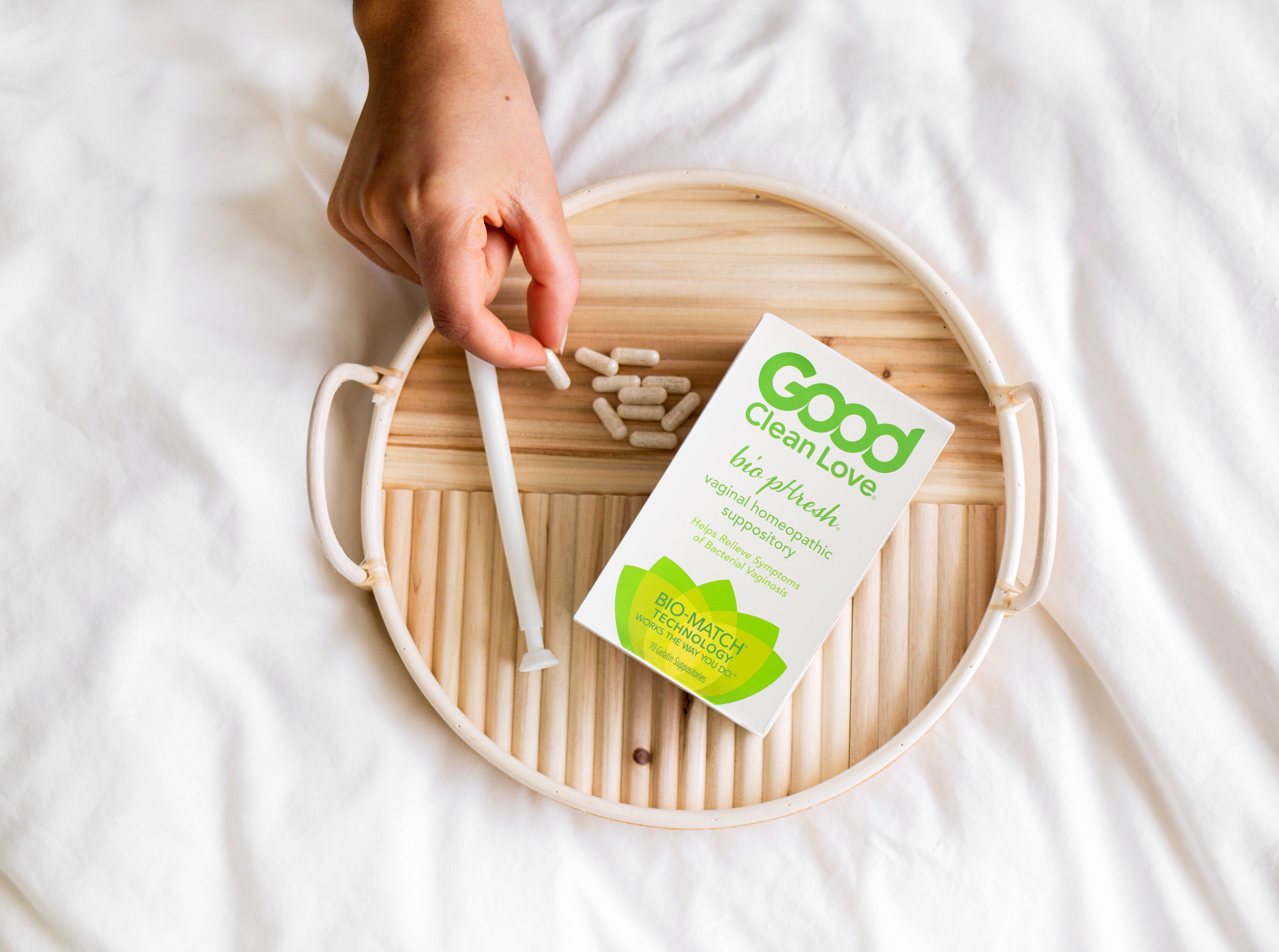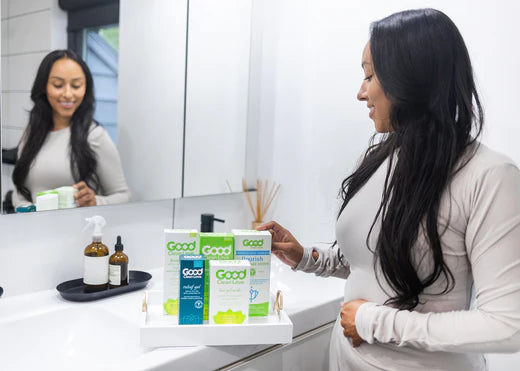It's Women's History Month, a time when we commemorate the powerful history-making women on whose shoulders we stand.
Many of these women have become household names: Elizabeth Cady Stanton and Susan B. Anthony who spent their lives organizing women and fighting Congress for the right to vote and the right to have the women’s voices be heard; the late Justice Ruth Bader Ginsburg who spent her life fighting for equal rights for women through decades of legal battles in the Supreme Court; and Rosa Parks brought that fight to life when she refused to sit in the back of the bus. Then there are all the women who were first: Amelia Earhart, the first woman pilot to cross the ocean; Sally Ride the first woman astronaut in space; Madeline Albright, the first woman secretary of state; Kamala Harris, the first woman vice president… the list is long.
The Most Inspirational Woman You’ve Likely Never Heard Of
But, there is one remarkable woman whose name has slipped through the history books – who not only earned the right to argue for women’s suffrage before Congress but also was the first woman to be nominated for the presidency in 1872: Victoria Woodhull.
I suspect she has been left out of our history lessons because she was a woman that pushed so many boundaries. Woodhull spoke out for women’s equality in so many ways that even today when I try to imagine how she maneuvered with so much force in so many walks of life, it seems like fiction.
Backed by Vanderbilt’s early railroad fortunes, Victoria and her sister Tennie opened the first women’s brokerage house on Wall Street. Making a fortune with her good instincts and intuition, they were referred to as “the Bewitching Brokers” and the men’s journals of the day, of course, linked their unchaperoned activities to sexual immorality and prostitution. This may well have been the impetus for the sisters to go on and use their earnings to publish their own weekly newspaper that ran for over six years and had a circulation of over 20,000. It was here that her feminism was championed with articles on “Free Love” which she defined:
“Yes, I am a Free Lover. I have an inalienable, constitutional, and natural right to love whom I may, to love as long or as short a period as I can; to change that love every day if I please, and with that right neither you nor any law you can frame have any right to interfere.”
Victoria was the first published champion of sexual freedom for women. From the far distance of the 1870’s she declared:
“To woman, by nature, belongs the right of sexual determination. When the instinct is aroused in her, then and then only should commerce follow. When woman rises from sexual slavery to sexual freedom, into the ownership and control of her sexual organs, and man is obliged to respect this freedom, then will this instinct become pure and holy; then will woman be raised from the iniquity and morbidness in which she now wallows for existence, and the intensity and glory of her creative functions be increased a hundred-fold…”
Both her publishing and political career ground to a halt when she became incensed by the hypocrisy of men and published a detailed account of the adulterous affair between Henry Ward Beecher, a well-known clergyman of the time and one of his parishioners. Although the story provoked a trial which caught the attention of the nation, Victoria, her husband, and sister were arrested for printing and mailing obscenity and the paper was closed.
She was acquitted and resumed her writing career years later in her magazine called The Humanitarian. Understanding the power that her financial independence afforded her, she spoke out about the women’s suffrage movement stating that the vote was not enough:
“Suffrage is only one phase of the larger question of women's emancipation. More important is the question of her social and economic position. Her financial independence underlies all the rest.”
The Power of Legacy
It’s hard to imagine who we might be – each of us and all of us together – if Victoria Woodhull’s life and words were part of our early history lessons. For me, growing up in what was the radical feminism of the 1970s, the women’s movement seemed to me to be both contemporary and urgent, like we had all just woken up to the injustice. But in truth, there have always been women warriors like Victoria, women who lived powerfully outside of the lines, reinventing the space of what was permitted, even if only briefly, whose stories are often erased for future generations.
I wonder sometimes if, once I am long gone, my story will get lost too. Although I have nothing on Victoria Woodhull or so many of the other women who have been the first, I would like to believe that my work to shift women’s consciousness toward the vital health of their vaginal biome will create its own legacy. I hope that the health and quality standards we’ve built at Good Clean Love will become the norm, not the exception. I would like to believe that changing the animal testing requirements at the FDA will permanently change the kinds of products that are allowed on the shelves.
I hope that my years of writing to support the inalienable rights of a woman to her own body, to her sexual choices and to her relationship choices will continue to be read, in some distant future, and that it will continue to empower women to claim a lifetime of love.














